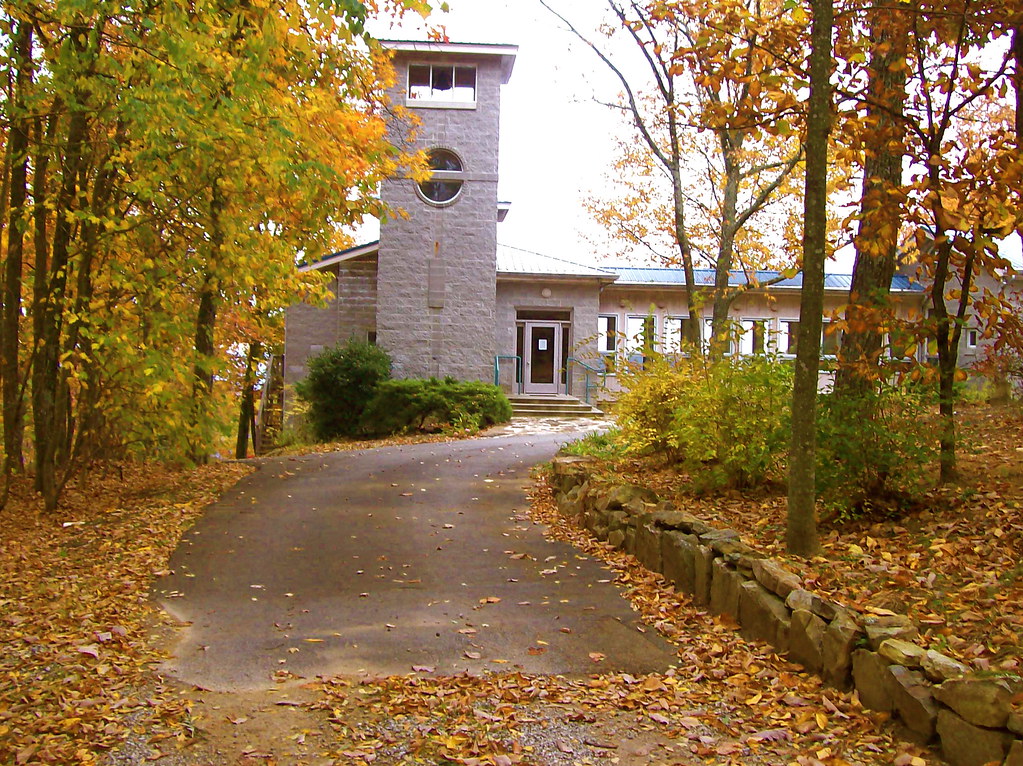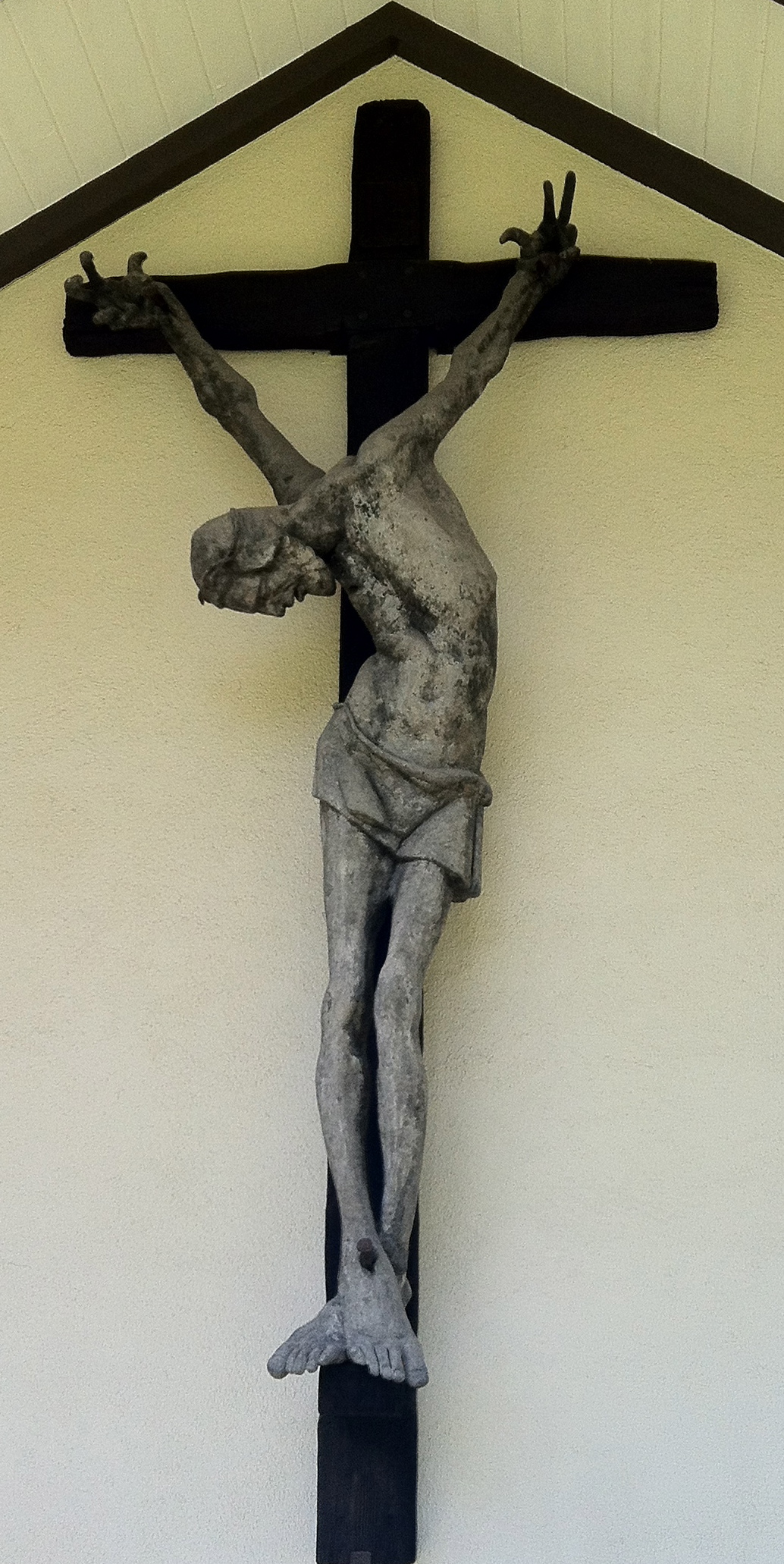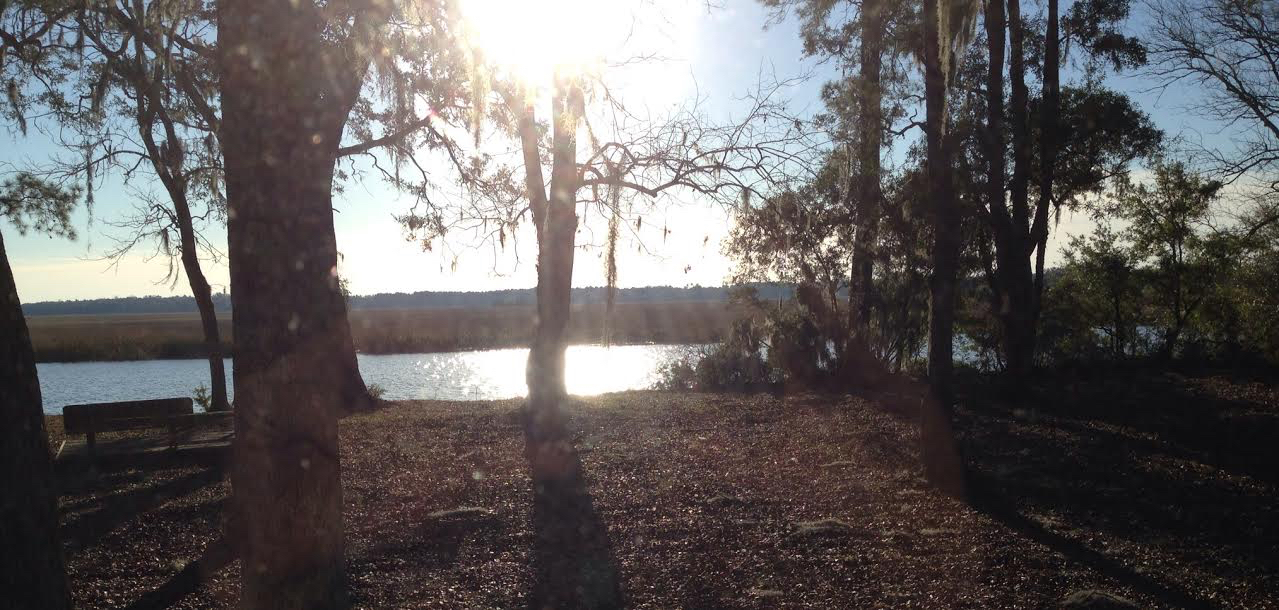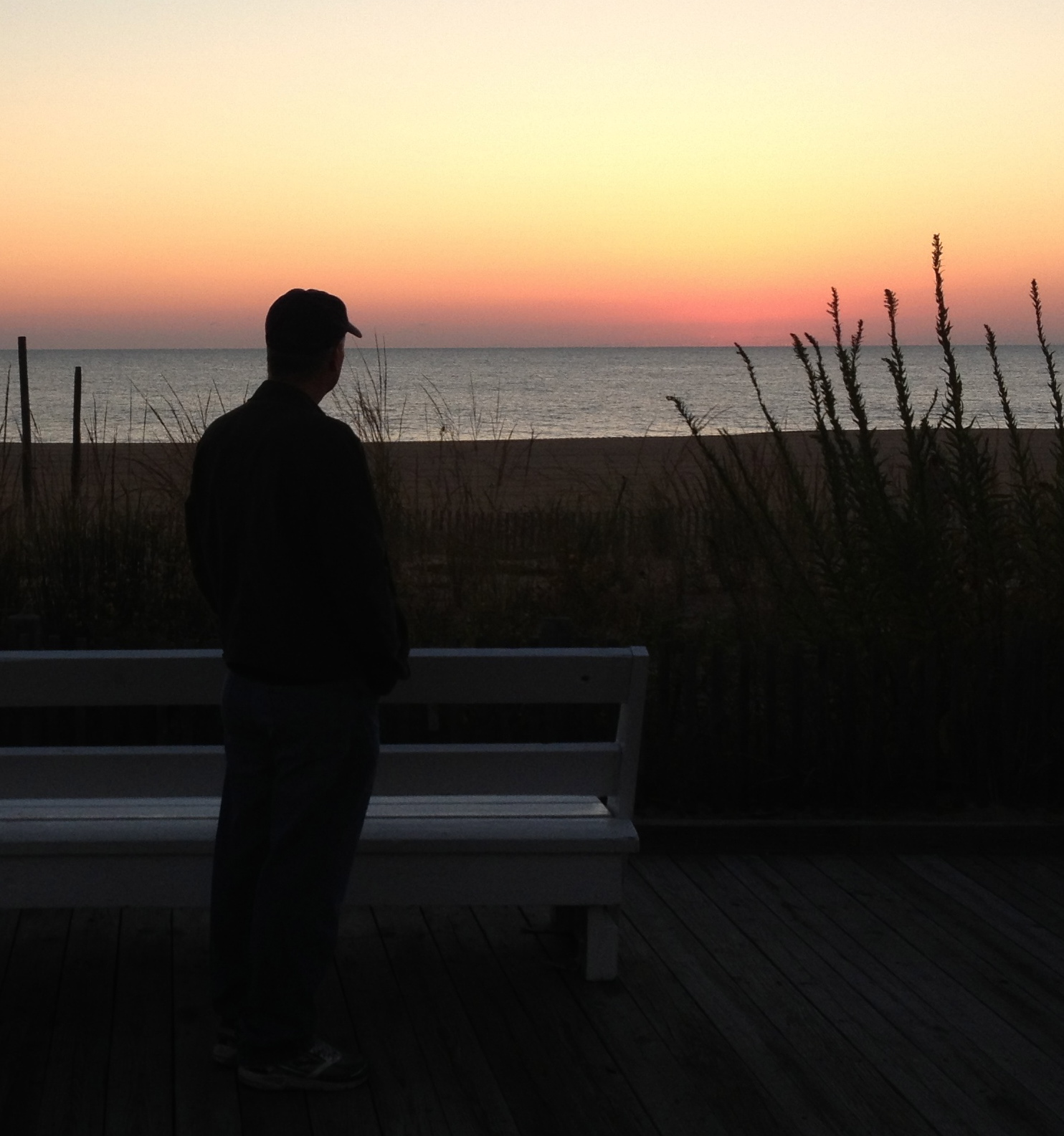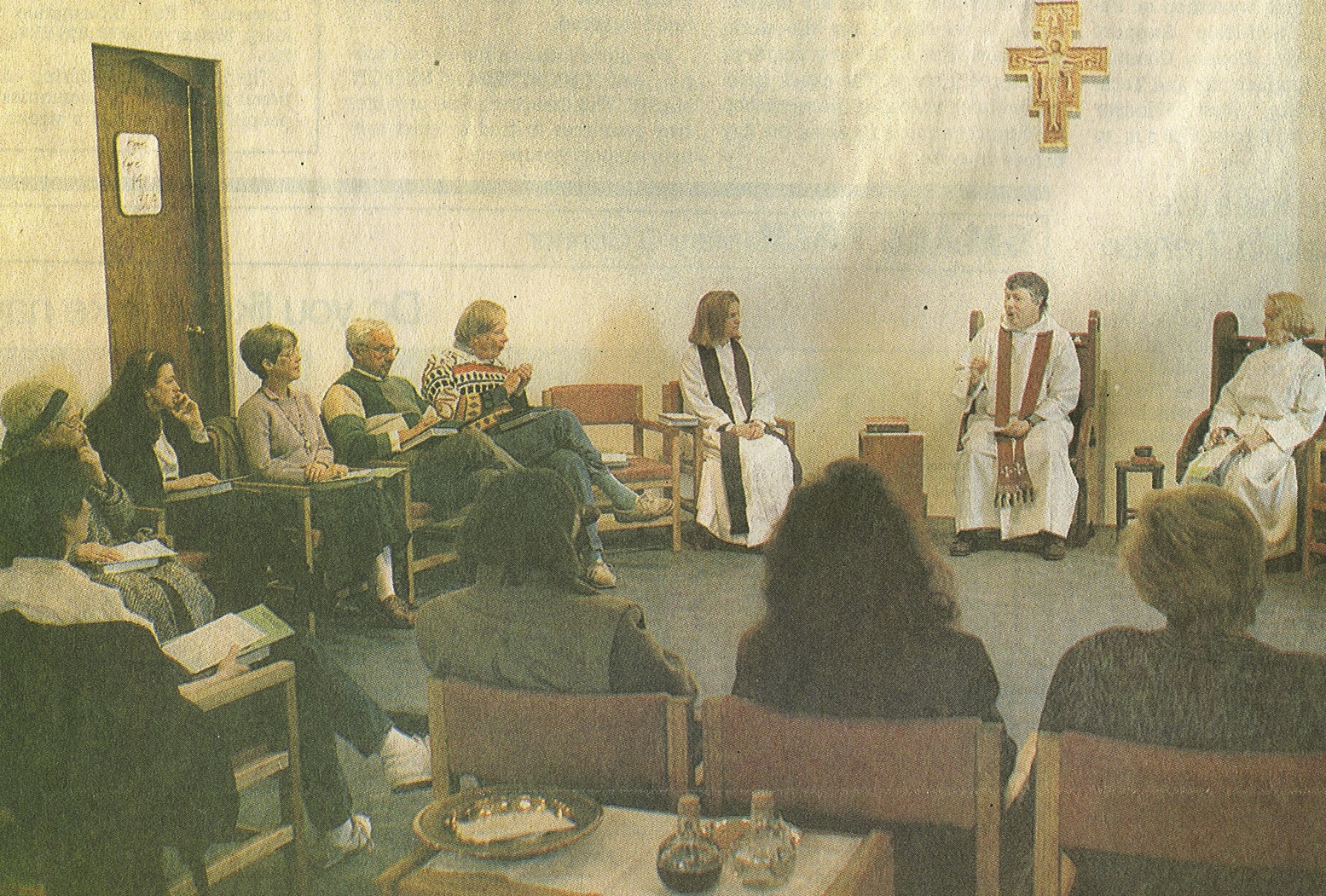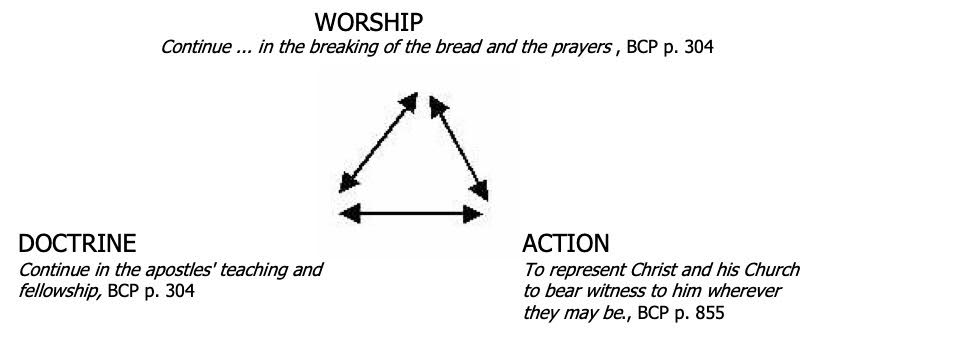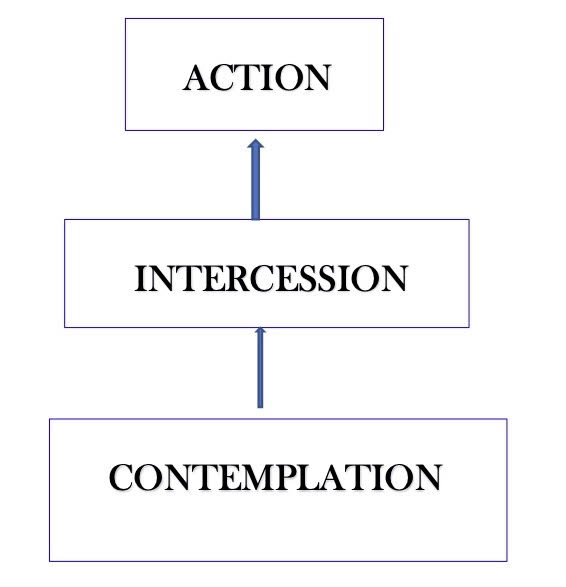I love you: September 11
 Friday, September 11, 2020 at 11:23AM
Friday, September 11, 2020 at 11:23AM Reflections on September 11: to tame the savageness of man and make gentle the life of this world
I love you
“A San Francisco husband slept through his wife’s call from the World Trade Centre. The tower was burning around her, and she was speaking on her mobile phone. She left her last message to him on the answering machine. A TV station played it to us, while it showed the husband standing there listening. Somehow, he was able to bear hearing it again.
We heard her tell him through her sobbing that there was no escape for her. The building was on fire and there was no way down the stairs. She was calling to say goodbye. There was really only one thing for her to say, those three words that all the terrible art, the worst pop songs and movies, the most seductive lies, can somehow never cheapen. I love you.
She said it over and again before the line went dead. And that is what they were all saying down their phones, from the hijacked planes and the burning towers. There is only love, and then oblivion. Love was all they had to set against the hatred of their murderers,” - Ian McEwan, reporting on the September 11 attacks.
The love of Christ
Who will separate us from the love of Christ? Will hardship, or distress, or persecution, or famine, or nakedness, or peril, or sword? As it is written,
‘For your sake we are being killed all day long;
we are accounted as sheep to be slaughtered.’
No, in all these things we are more than conquerors through him who loved us. For I am convinced that neither death, nor life, nor angels, nor rulers, nor things present, nor things to come, nor powers, nor height, nor depth, nor anything else in all creation, will be able to separate us from the love of God in Christ Jesus our Lord. (Romans 8:35-39)
Anger and Justice
Yesterday, during the Pathways of Grace retreat on Zoom a woman raised a question that to me seems to be at the heart of what so many of us struggle with. And there was something in her tone of voice that said to me that she too was struggling with it; and experiencing some anguish around it. I can't remember the exact words. What I heard was something like this, “how are we to pursue justice without our anger?” Or maybe it was more, “isn't our anger necessary if we are to sustain our efforts for a just society?”
Her idea has stayed with me. A question I need to answer. I have answered it to myself in the past but here it is again. Anger and justice. I'm thankful for her question.
 The awful grace of God
The awful grace of God
At the time my answer was to hold up a book. Father Dennis Campbell had sent me John Meacham's, His Truth Is Marching On: John Lewis and the Power of Hope. I had started to read it as my spiritual reading, a few paragraphs each day. I'm rather Catholic in my spirituality. A part of that is the saints; they not only pray with me; they speak to me. And what John Lewis says to me is that love is the strongest force in the universe and that God's love is the ultimate reality of the universe. And that is the ground of all our courage and persistence.
In today’s reading Meacham quotes Lewis, “Redemption—redemption is everything … It is what we pray for. It is what we march for.” John Lewis wrote an “afterword’ in the book. It included this,
The journey begins with faith—faith in the dignity and worth of every human being. That is an idea with roots in scripture and in the canon of America, in Genesis and in the Declaration of Independence. The journey is sustained by persistence—persistence in the pressing of the justice of the cause. And the journey is informed by hope—hope that someday, in some way, our restless souls will bring heaven and earth together, and God will wipe away every tear.
That doesn't answer the question of anger and justice directly. But for me it puts it in perspective. Lord knows I have been angry many times in my life about acts of injustice, toward the poor, toward immigrants. Angry on 9/11. Angry when the Pulse nightclub was attacked. Angry when George Floyd was killed. I've been angry on my own behalf, though it seems a lesser anger—when bishops have tried to suppress writings that make people uncomfortable and when I experience the inevitable ignoring of the old man in the room.
The best I can come up with is that the anger will be there. I need to accept it. Accept it and know that there is another force within the anger. It is a process that Henri Nouwen sees as moving from hostility to hospitality. In the end I think I need to allow the work of the Holy Spirit to turn my anger into love and courage and persistence.
 This morning I listened to Bobby Kennedy's speaking to a mostly Black crowd in Indianapolis on the day Martin Luther King was killed.[i] He quotes the poet Aeschylus –
This morning I listened to Bobby Kennedy's speaking to a mostly Black crowd in Indianapolis on the day Martin Luther King was killed.[i] He quotes the poet Aeschylus –
Even in our sleep, pain which cannot forget
falls drop by drop upon the heart,
until, in our own despair,
against our will,
comes wisdom
through the awful grace of God.
Lewis and Kennedy tug at some deep cord within. I keep coming back to it. I love God and I love this country. I love God who didn’t arrange things as I think they should be. And I love America with its heart of fairness and justice even as it fails again and again.
rag+
[i] Robert Kennedy’s speech in Indianapolis, April 4, 1968 – The Text Film The same speech with the pictures of Kennedy’s funeral train taking his body to Washington.
At the National Museum of African American History and Culture - I include this because it includes John Lewis, Presidents Obama, Bush, Clinton and Joe Biden singing the National Anthem (at 2:09 in the video)

